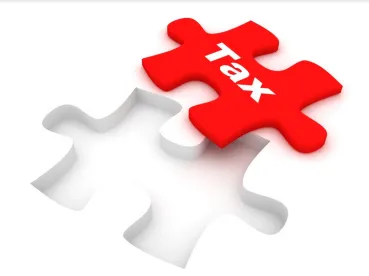Last week, the Supreme Court of the United States overturned decades of precedent that mandated that an out-of-state seller to have “physical presence” before a state could require the seller to collect and remit sales and use tax for sales of goods or services to customers in the state. In South Dakota v. Wayfair, 585 U.S. ____ (2018), the Court held that an out-of-state seller must only avail itself of the privilege of carrying on business in the state in order to have the necessary nexus for sales and use tax collection and remittance purposes, essentially establishing a nexus standard based on “both the economic and virtual contacts” that a seller has with a state. The holding in Wayfair specifically rejects and replaces the physical presence requirement set forth in Quill Corp. v. North Dakota, 504 U.S. 298 (1992).
In Wayfair, the court addresses the constitutionality of a 2016 South Dakota law that requires out-of-state sellers to collect and remit sales tax when a seller delivers more than $100,000 of goods or services into the state or engages in 200 or more separate transactions for the delivery of goods or services into the state. Under Quill, this law would violate the Commerce Clause to the United States Constitution because it imposes collection and remittance responsibilities regardless of physical presence and therefore would impose an undue burden on interstate commerce by not requiring sufficient nexus with the taxing state. See Complete Auto Transit, Inc. v. Brady, 430 U.S. 274, 279. This position is expressly rejected in Wayfair.
The holding in Wayfair is significant because it gives states a blueprint for capturing the tens of billions in sales tax revenue that goes uncollected annually, with estimated uncollected amounts for West Virginia being as high as $50 million annually. See Bruce, Donald, William Fox and Leann Luna, State and Local Government Sales Tax Revenue Losses from Electronic Commerce, April 2009.
The Supreme Court particularly liked several aspects of South Dakota’s structure: 1) the $100,000 of goods or services or 200 transactions threshold was deemed reasonable; 2) South Dakota has simplified its sales and use tax statutes via participation in the Streamlined Sales Tax Agreement and 3) South Dakota’s 2016 statute applies prospectively. Other states will undoubtedly adopt similar statutory provisions.
West Virginia does not currently have sales and use tax statutory language that would enable it to take advantage of the Wayfair decision. Interestingly, West Virginia does use an “economic nexus” standard in order to subject out-of-state financial organizations to corporate net income tax, with the threshold set at $100,000 of gross receipts or twenty or more West Virginia customers. However, in a press release following the release of the Wayfair decision, Governor Jim Justice threw cold water on any plans to establish a similar standard for sales and use tax purposes, stating that “[w]hen I took office and our state was struggling financially, at that desperate time, I might have considered supporting legislation to enforce West Virginia sales tax on out-of-state transactions. However, now I do not support adding additional taxes on our people in this manner. This is an issue for the Legislature, and legislation would have to be passed to authorize the state to enforce the collection of out-of-state sales taxes. With our state’s growing economy, I don’t want to reach into West Virginians' pockets when we don’t need to.”



 />i
/>i
